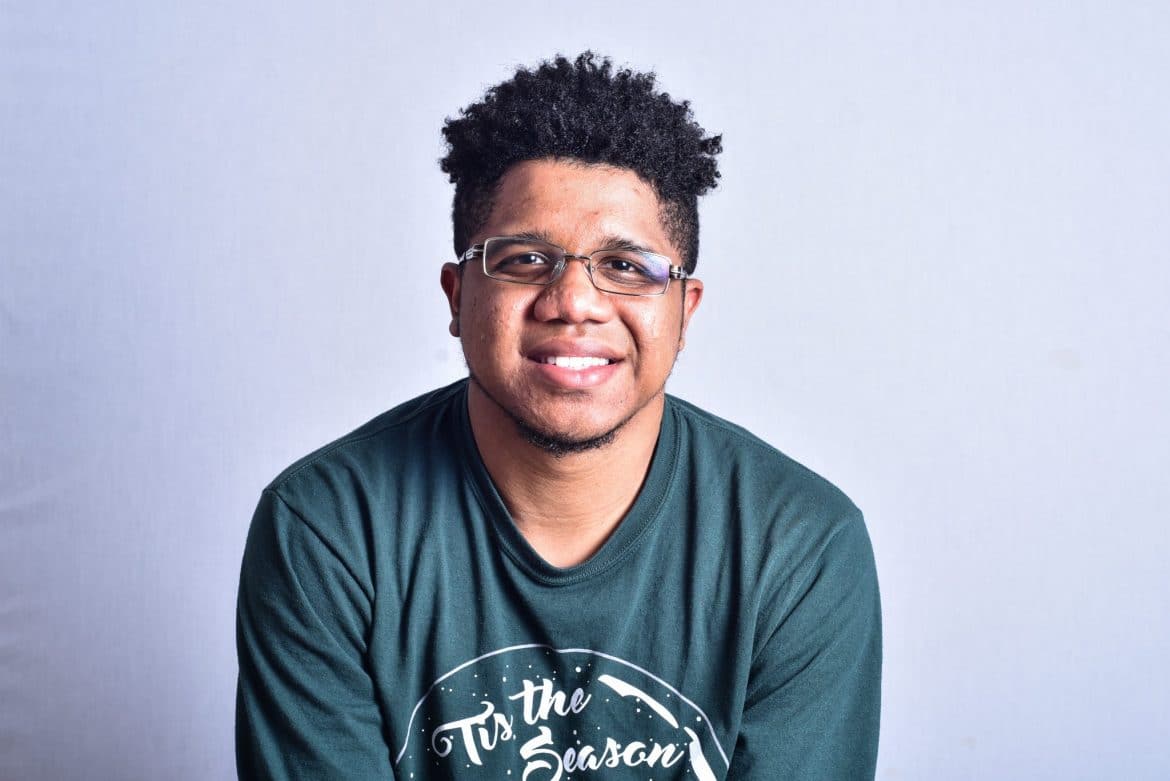Being in the U.S. for three years now, I am used to people being surprised when I tell them that I am Latino and speak Spanish. I have realized that most people in Arkansas are not used to meeting black Latinos.
I was born and raised in Panama. When I came to the U.S. for the first time in 2015, something I quickly learned was, for some people in this part of the country, Mexicans and Central Americans are their main Latin American “model.” Some of the people in the South struggle to understand me and my culture.
I cannot count the many people who have assumed that, because I am Latino, I therefore like Mexican food. I find this a bit offensive. I like Mexican food, not because I am culturally predisposed to it, but because I find it delicious. However, Mexican food is not my first choice.
During my first two years at Harding, some people would invite me to a “Latino” restaurant, just to end up taking me to a Mexican restaurant. In even worse cases, they would take me to Taco Bell.
I do not hold anything against people who think all Latinos are like Mexicans. In fact, I do not even expect people to know anything about my culture. I like it that way because I get to talk to them about my country and culture, something I enjoy talking about.
There are two main misconceptions some people say or think that get on my nerves. The first one is the idea that being Spanish is the same as being Latino. There is an important difference. Spanish relates to someone who comes from Spain. In fact, what we call the Spanish language is slightly incorrect. “Castellano” is the actual name of the language spoken in Spain and Latin America.
Hispanic is the correct term for someone who comes from a Spanish-speaking country. Being Latino, Hispanic or Spanish all mean very different things. I experienced this more often when I went to Florida a year ago. My friend’s mom would continually refer to me and my culture as “Spanish”.
The second misconception that frustrates me exists only at Harding. I am a Walton Scholar. Most Walton Scholars are members of Smiles for Christ, a service organization on campus that is famous for selling pupusas to raise funds for service projects. A pupusa is a dish mostly popular in Central American countries, especially El Salvador. Because of Smiles for Christ, most people at Harding think all Walton Scholars and other Latinos eat pupusas.
Pupusas are not famous in Panama. At least, I did not grow up knowing what a pupusa was, and I have never heard any of my friends or relatives say “Let’s eat pupusas.” I don’t even like pupusas to begin with. When people assume I eat pupusas or that I like them, I get highly offended – probably more than I should.
What I would like people to understand is that the Latin American culture is different from country to country, even though it may seem that we are similar. Latinos are famous for being family-oriented, having a cheerful spirit and eating spicy food, but that does not mean that we are all the same. Even among people from the same country there are clear differences, just like in the U.S.
I would encourage people to get to know someone else’s culture better before making assumptions or following stereotypes. That will help them understand each other better and avoid conflicts and misunderstandings.
